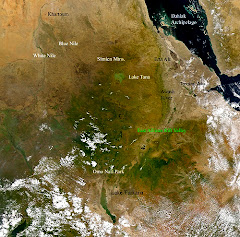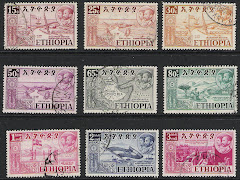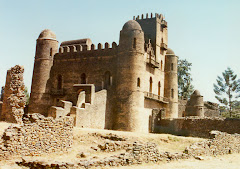Ethiopian Time
The Ethiopian Calendar
While much of the world marks the passing of days according to the Gregorian calendar, Ethiopia has its own calendar, which is also known as the Ge'ez Calendar. Based upon the ancient Coptic Calendar, the Ethiopian Calendar is seven to eight years behind the Gregorian Calendar, owing to alternate calculations in determining the date of the annunciation of the birth of Jesus.
The Ethiopian Calendar has 12 months of 30 days each, plus five or six additional days (sometimes known as the 13th month), which are added at the end of the year to match the calendar to the solar cycle.
The year is currently 2000, according to the Ethiopian Calendar. Ethiopia celebrated the millennium at midnight on September 12, 2007. The year 2001 began in Ethiopia on September 11, 2008 of the Gregorian Calendar.
| Ethiopian Calendar: | Gregorian Calendar: |
| Meskerem (New Year) | 11 September - 10 October |
| Tikimt | 11 October - 9 November |
| Hidar | 10 November - 9 December |
| Tahsas | 10 December - 8 January |
| Tir | 9 January - 7 February |
| Yakatit | 8 February - 9 March |
| Maggabit | 10 March - 8 April |
| Miyazya | 9 April - 8 May |
| Ginbot | 9 May - 7 June |
| Sene | 8 June - 7 July |
| Hamle | 8 July - 6 August |
| Nehasa | 7 August - 6 September |
| Pagume | 6 - 10 September |
























No comments:
Post a Comment